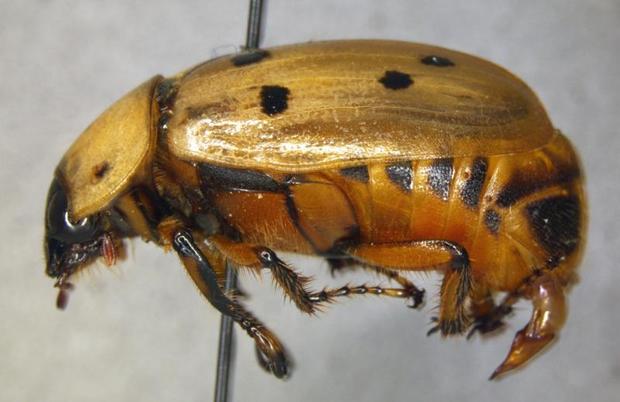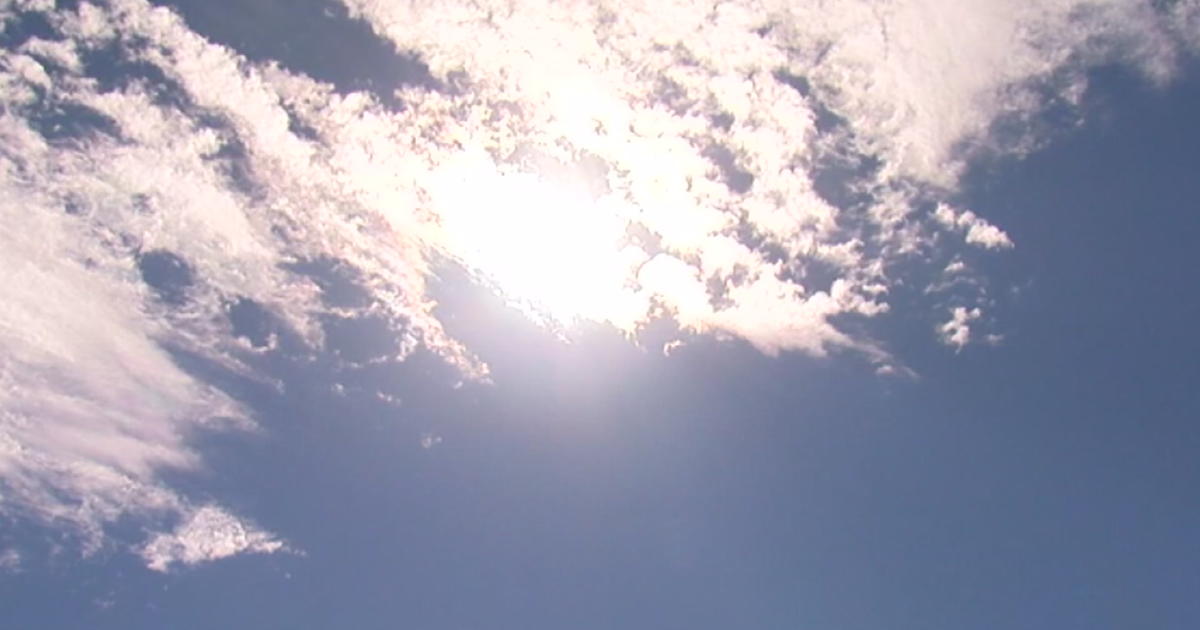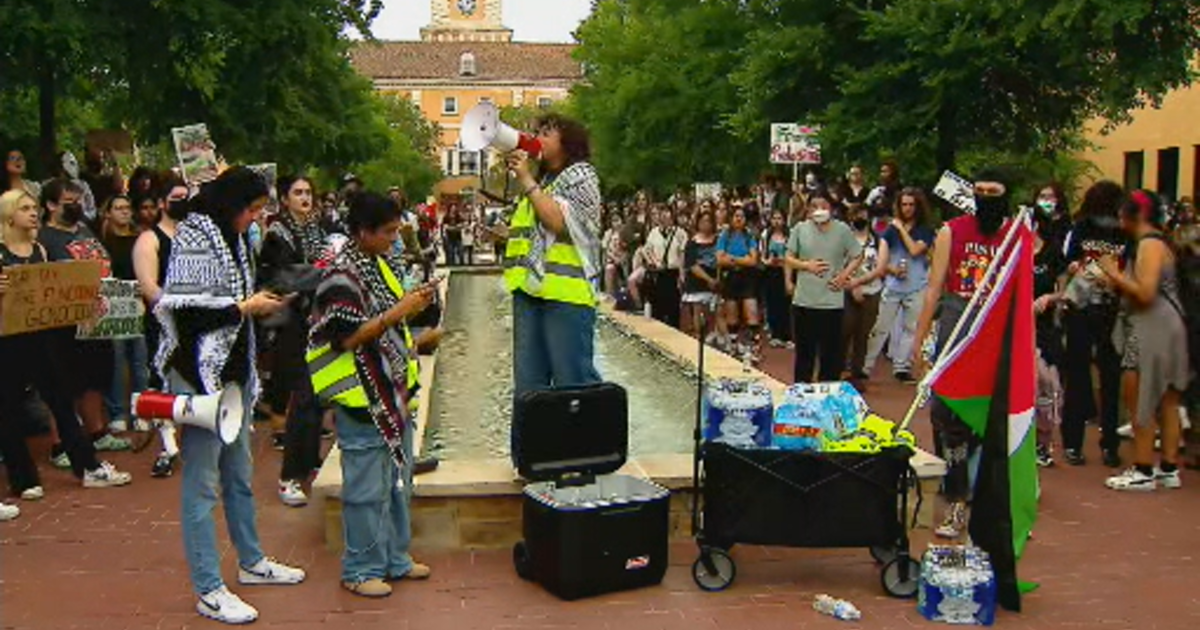Rare Pest Intercepted At Texas-Mexico Border In Shipment Of Fresh Vegetables; First In Nation Discovery
PHARR, Texas (CBSDFW.COM) – U.S. Customs and Border Protection agriculture specialists at the Pharr International Bridge discovered a rare pest, a first in nation discovery, in a shipment of fresh vegetables, CPB announced Tuesday, August 3.
"Our agriculture specialists help protect American agriculture and contribute to the nation's economic security by denying entry to invasive species not known to exist in the U.S." said Carlos Rodriguez, Director for the Hidalgo/Pharr/Anzalduas Port of Entry.
On July 7, CBP agriculture specialists at the Pharr cargo facility conducted an inspection on a commercial shipment of fresh vegetables arriving from Mexico, which resulted in the discovery of a live pest within boxes of jackfruit.
The insect was submitted for identification to a U.S. Department of Agriculture entomology laboratory and the initial identification was later confirmed as Cyclocephala forcipulata.
The Cyclocephala forcipulata (Scarabaeidae) is a species that belongs to the scarab beetle family that is found in Mexico.
Scarab pests can cause agricultural and economic damage as their larvae eat plant roots and adults feed on their aerial parts of plants.
The shipment was refused entry and returned to Mexico.
According to USDA entomologists, this pest has never been found at any of the nation's ports of entry.
CBP refused entry to the shipment and returned it back to Mexico.
"The interception is an example of the diligent work CBP agriculture specialists do on a daily basis to fulfill CBP's agriculture mission, which is crucial in preventing foreign pests from establishing in the United States. Pests that are not known to occur in the U.S. may be detrimental to the nation's agriculture industry," CPB said in a news release.




